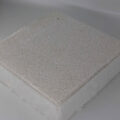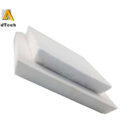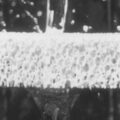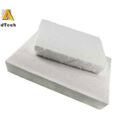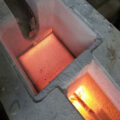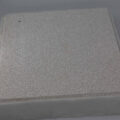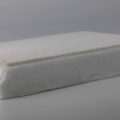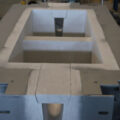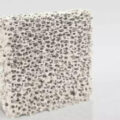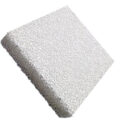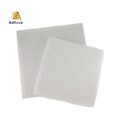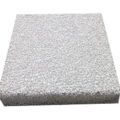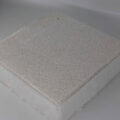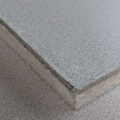The inclusions are removed in the final processing step before solidifying the molten aluminum into an ingot or billet by filtration. The industry has been completed in the industry for many years by using a variety of technologies, including bed filtration and ceramic foam filter molten aluminum filtration.
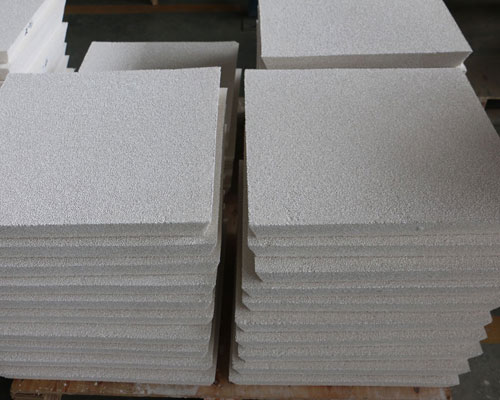
The production of aluminum ingots and billets used to manufacture high-quality aluminum products requires that molten aluminum be relatively free of inclusions such as insoluble solids or immiscible liquid impurities. This is to ensure that the downstream processed ingots or billets meet the stringent requirements of high-quality products, such as rigid and flexible packaging materials, aerospace products (extruded parts, plates, plates, forgings), photolithography, automotive condenser tubes and Bright trim. In the production process of molten aluminum, insoluble impurities or inclusions are generated during the entire reduction, maintenance, alloying and casting process.
The open-cell ceramic foam filter was developed in the early 1970s, and the technology was first commercially applied in 1974 to produce rolled steel ingots for the manufacture of plates and plates. Ceramic foam filter is an integral, disposable or disposable filter for single casting. The filter has a pore size of 4 to 28 holes per centimeter (10 to 70 holes per linear inch), which corresponds to holes with a diameter of approximately 0.036 to 0.26 cm. Ceramic foam filters are usually produced in square sizes, ranging from 22.86 cm×22.86 cm×5.08 cm (9 in×9 in×2 in) to 66.04 cm×66.04 cm×5.08 cm (26 in×26 in×2 in). Fix a fiber paper gasket on the beveled edge to provide a lateral compression load to secure the filter in the filter bowl and prevent metal from bypassing the filter edge.
In the 1980s, ceramic foam filter molten aluminum filtration technology has been quickly and widely accepted by the market for a variety of high-quality aluminum products, including rigid packaging materials, lithographic printing sheets, aerospace products (such as sheets, plates, forgings and extrusions), bright finishes, condenser tubes, foils, building profiles, cast alloys and electrical conductor cables and wires.
The subsequent market quickly accepted and developed the ceramic foam filter molten aluminum filtration technology into aluminum cast houses of various types and levels of complexity for the following reasons: ease of use and acceptance by operators; flexibility in operation; drainage capacity after each release; variable operation Low cost; low capital installation cost; effective removal of inclusions; small footprint, equivalent to the minimum floor space required for installation.

